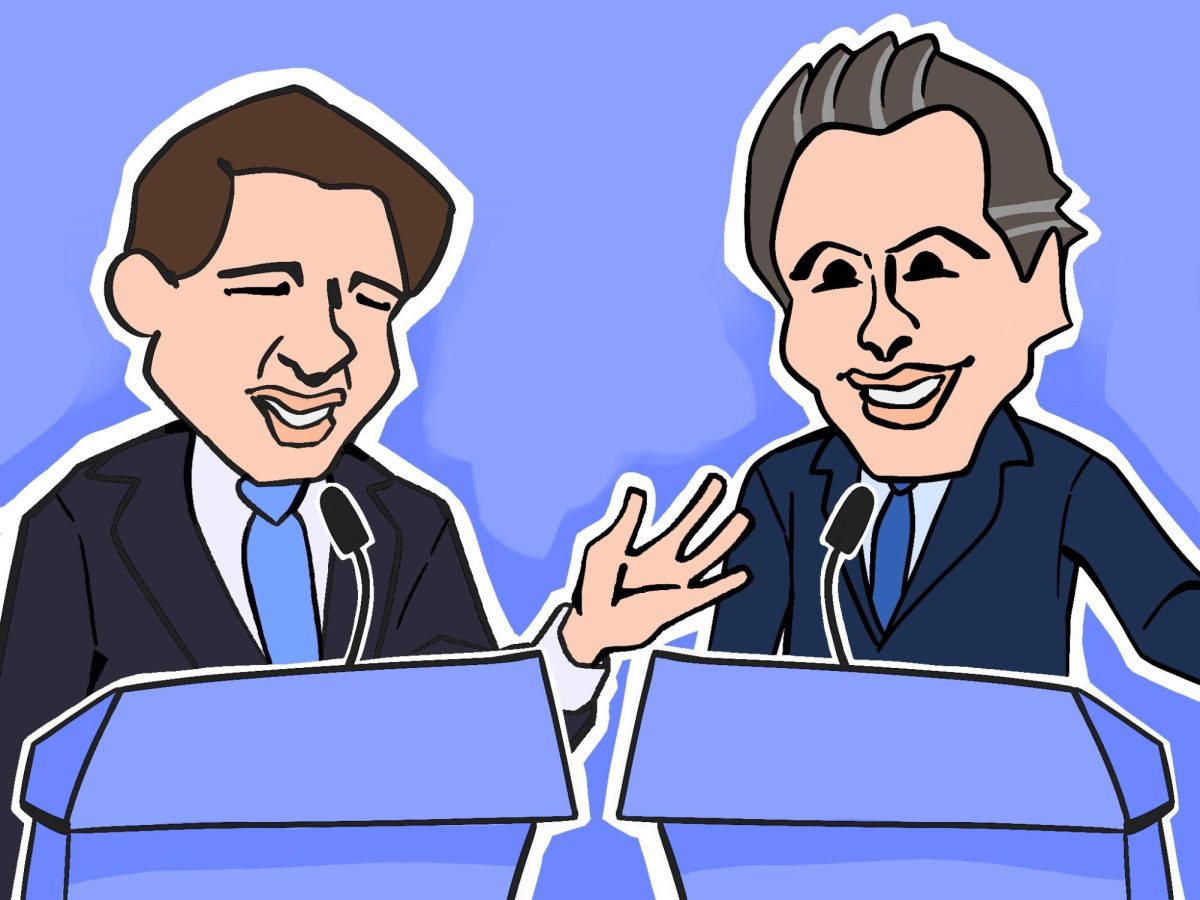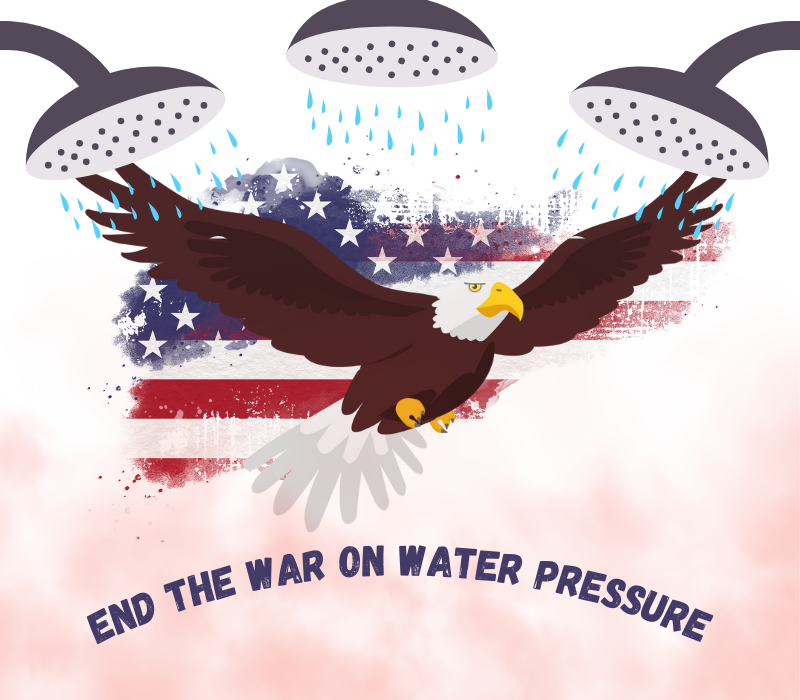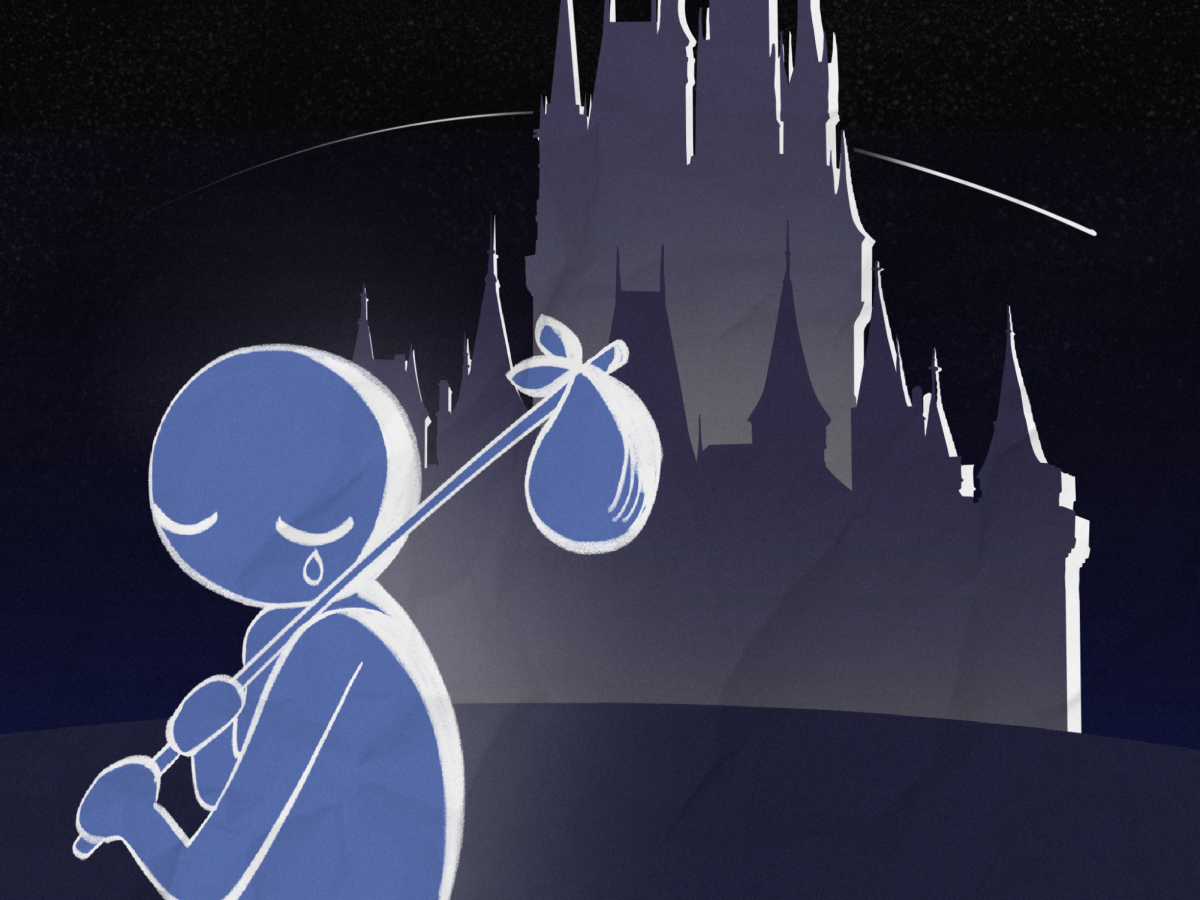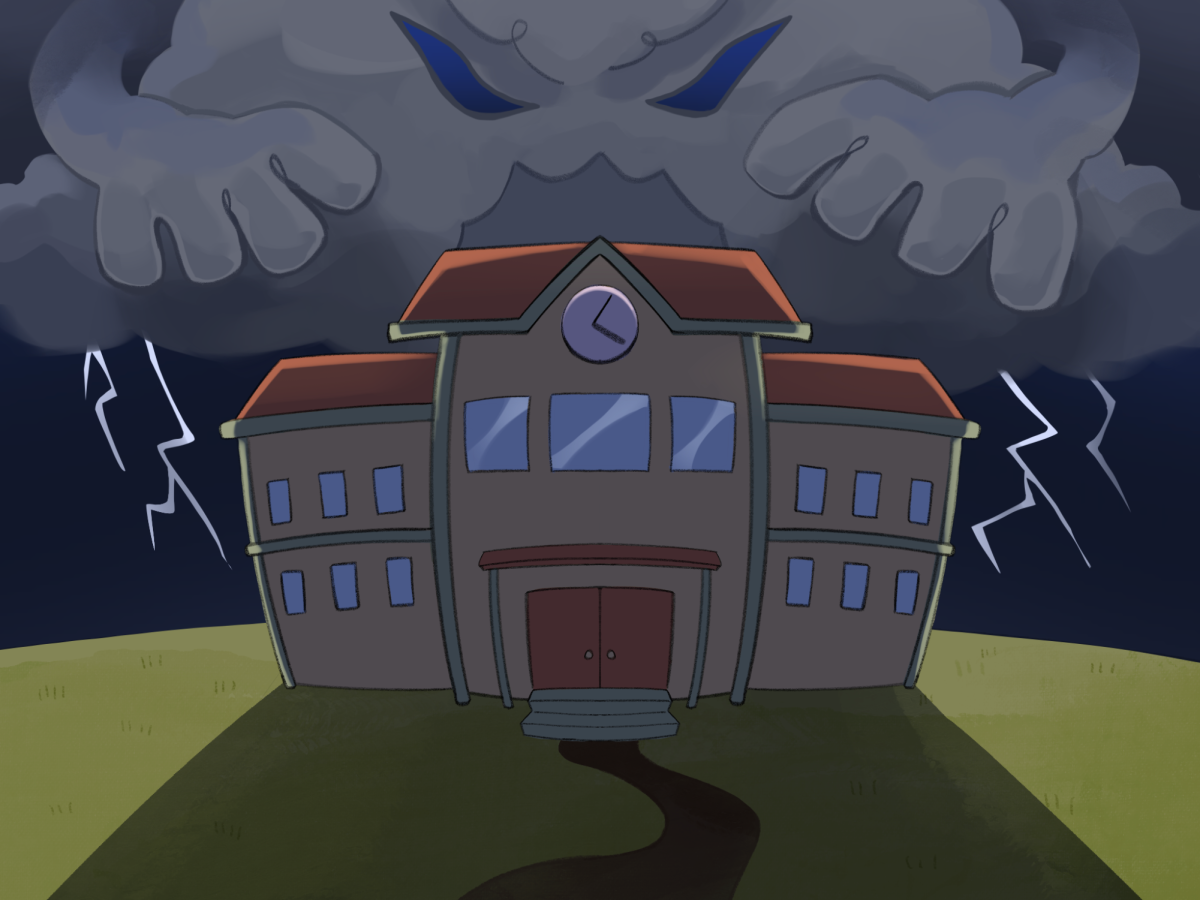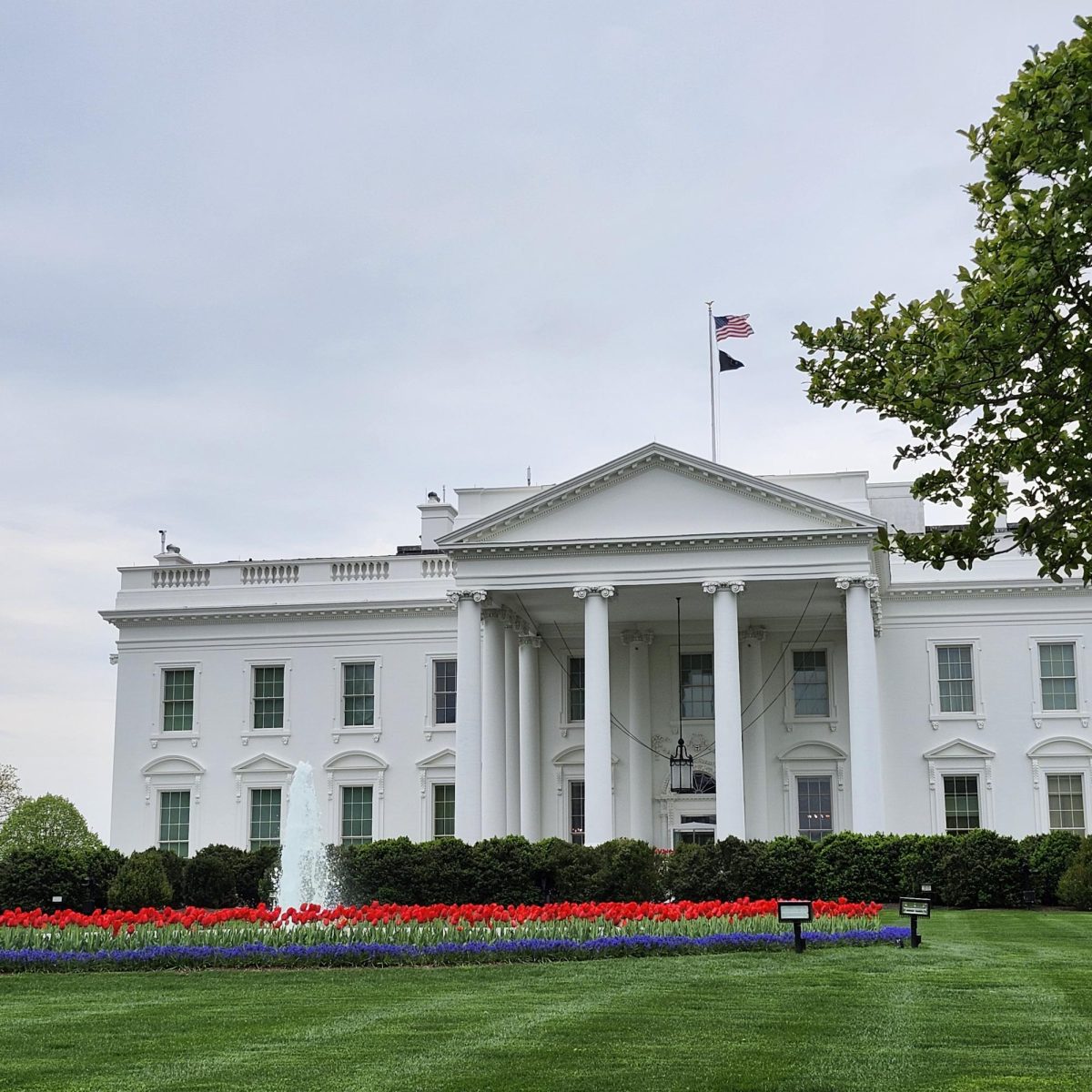The 2006 film Idiocracy portrayed a dystopian future of American society, where technology has reduced voters to the mental capacity of 10-year-olds and the President of the United States is a masochistic, monster-truck obsessed buffoon. While we have not quite reached that point in American politics, I would contend that we are actively moving in that direction.
In a country that has such complex political and social issues, it seems that the prevalence of short-form media is a crutch which pushes voters closer to our very own Idiocracy, or “rule by idiots.”
A presidential debate at Belmont University between Former President Donald J. Trump and current President Joseph R. Biden lasted just 93 minutes. In that relatively short timeframe, the potential leaders of the free world were forced to compress nuanced policy issues into digestible chunks. Media is now shortened to satisfy the decreasing attention span of the American public. The majority of that hour-and-a-half window was not spent attacking the merit of policy arguments, either— it was spent on mutual barrages of verbal insults. As partisan disagreement continues to dominate the country, perhaps a return to long-form debate is an anecdote to political showmanship.
In the 1858 Illinois Senatorial election, a series of debates were organized between the two prominent candidates of the time: Stephen A. Douglas, and Former President Abraham Lincoln. A total of seven debates took place leading up to the election, each lasting three hours. During this time period, leading up to the Civil War, the country was in a similar state of disrepair as we find ourselves today. Major questions including the incorporation of slavery in the country dominated the minds of anxious voters. Yet, the long-form debates between Douglas and Lincoln struck the rational conscience of voters, allowing regular citizens to inform themselves of the nuances within the pro-slavery and anti-slavery positions. These debates emphasized policy issues like slavery, instead of fixating on personality cults associated with larger-than-life political figures; this focus on logical thinking eventually led to the election of one of America’s greatest presidents, who was instrumental in unifying the nation during the Civil War.
Though political smearing and showmanship campaigns were already a mainstream campaign tactic since the days of Andrew Jackson roughly 20 years earlier, the Lincoln-Douglas debates still emphasized three crucial elements that we seem to lack in American politics today: civility, intellectualism, and voter engagement.
The competitive nature of a debate inherently introduces conflict- but that doesn’t necessarily mean it has to be disrespectful. The purpose of a debate is to introduce intellectual competition which brings us to the most qualified candidate. When debates devolve into a barbarous showcase of bullying, insults, and “Gotcha!” questions, competition tends to bring out the most problematic types of candidates. Policy becomes a secondary concern to voters when candidates prefer to parade their exaggerated personalities first and foremost.
Longform-style debates, though appealing to only a niche audience, would re-emphasize the idea of serving citizens first and foremost. Increased runtime allows politicians the opportunities to explain their positions in-depth without the pressure of a time constraint. Instead of blazing through a laundry list of talking points before the timer buzzes, candidates would be encouraged to be more thoroughly prepared and expand on their voting issues. Instead of a 90-minute high-energy back-and-forth, we should encourage three-hour (or longer) civil discussions.
The reality is that you cannot, nor should you expect to wholly understand healthcare policy, gun control, or domestic energy production in the United States by watching a five-minute reel on social media. While the mission of social media companies to expand voter knowledge is admirable, the key to tackling our country’s most pressing issues is to engage in a deeper understanding of politics. Engaging in politics is a tumultuous, confusing, and difficult journey- but thwarting our impending shift to an “Idiocracy” is certainly worth the effort.

